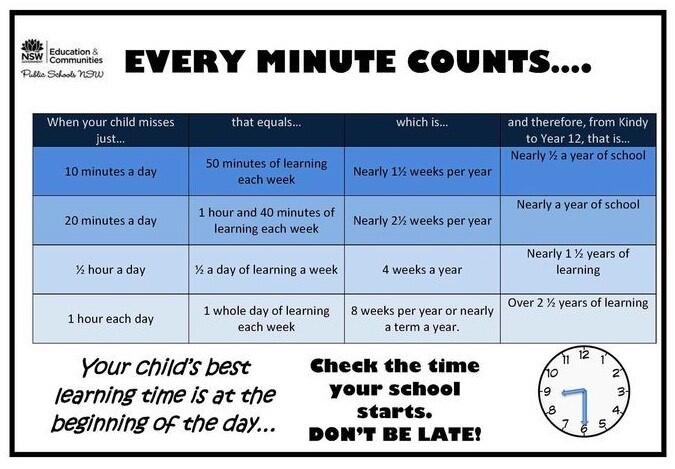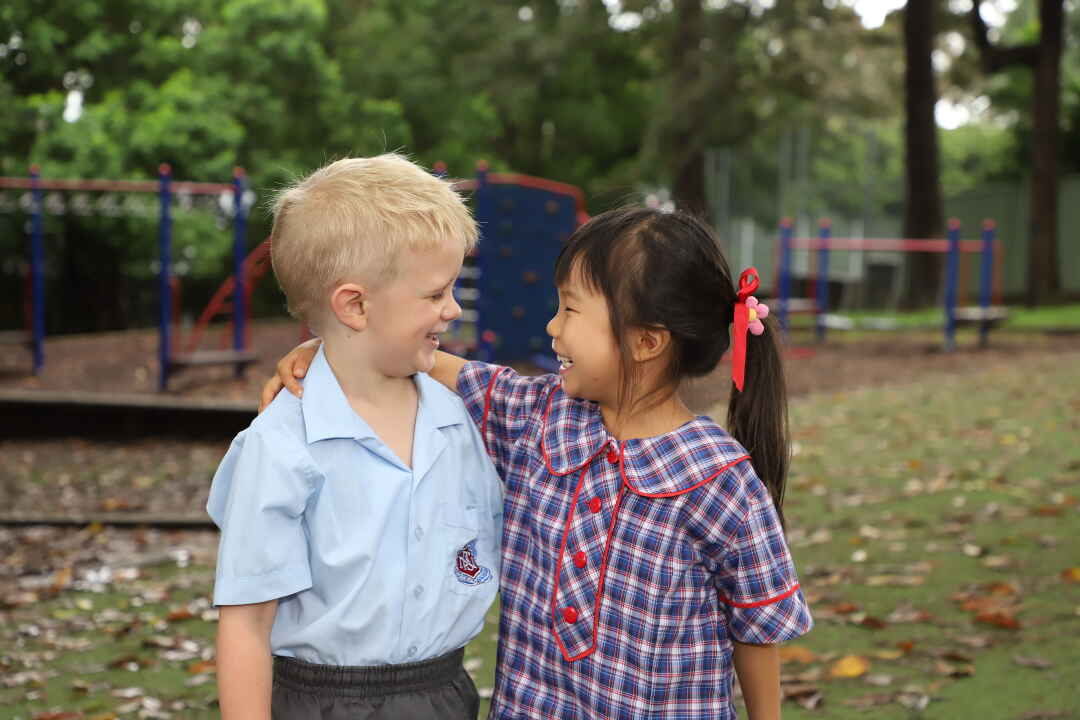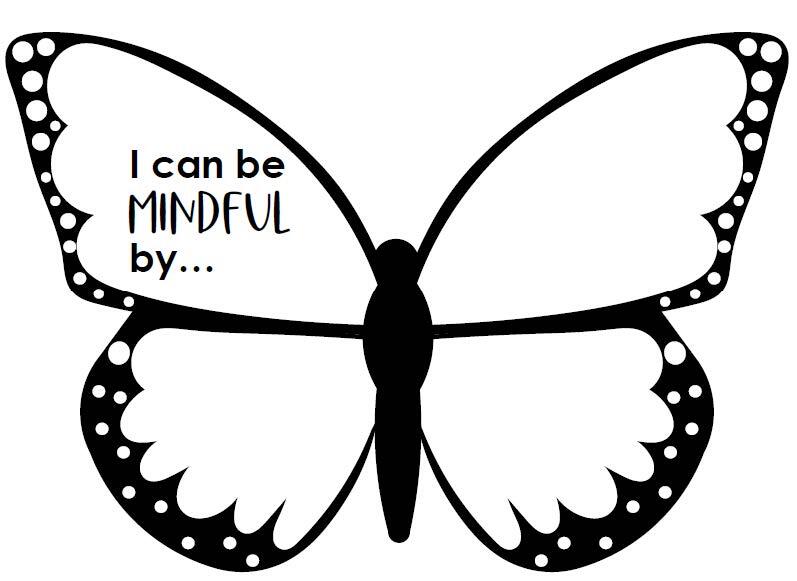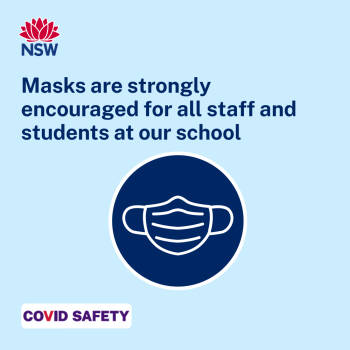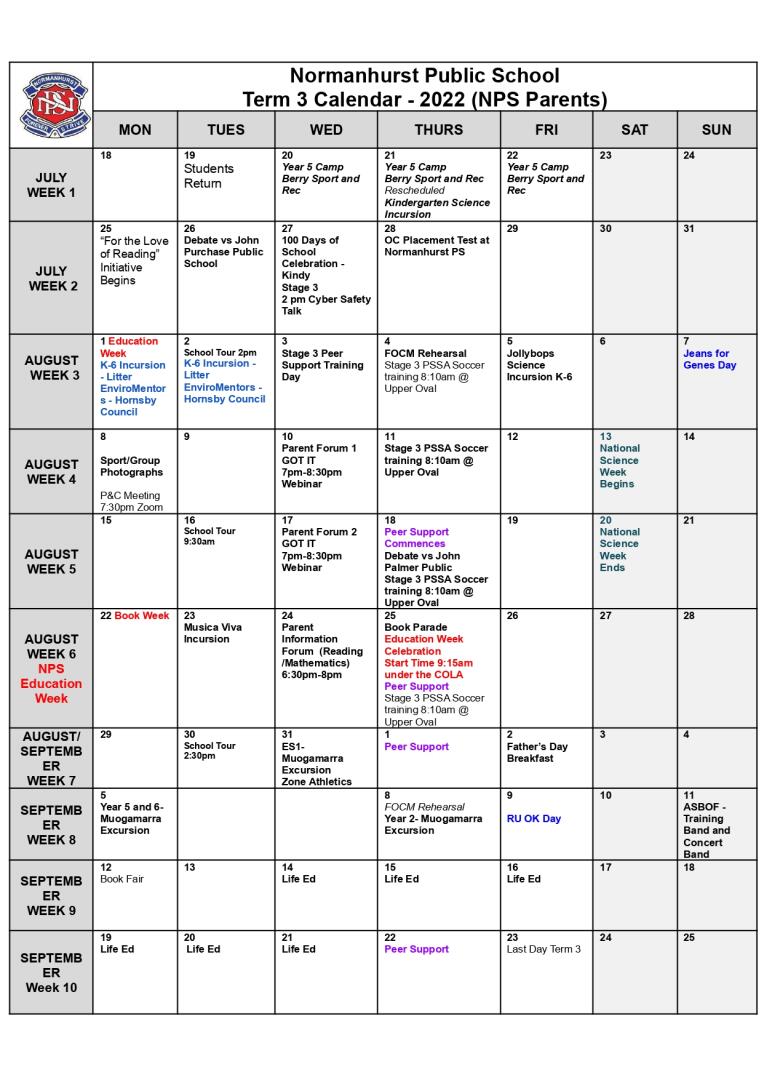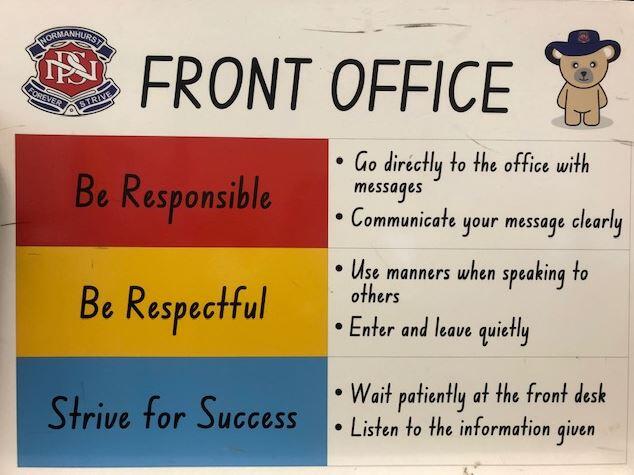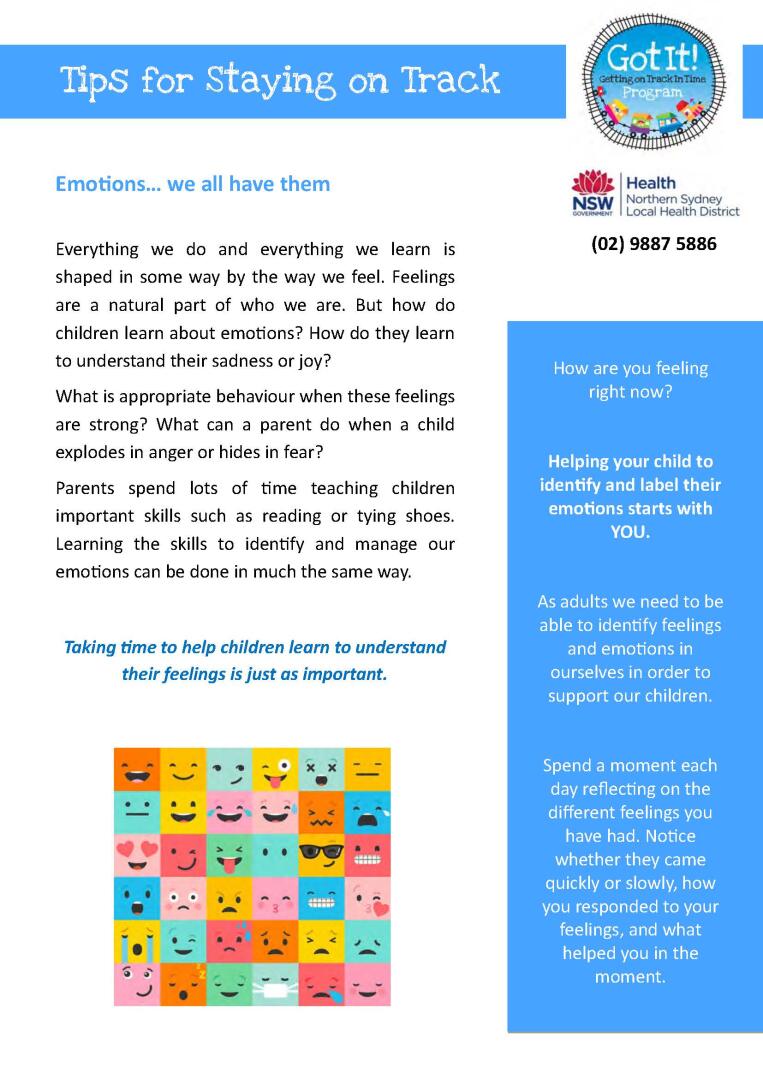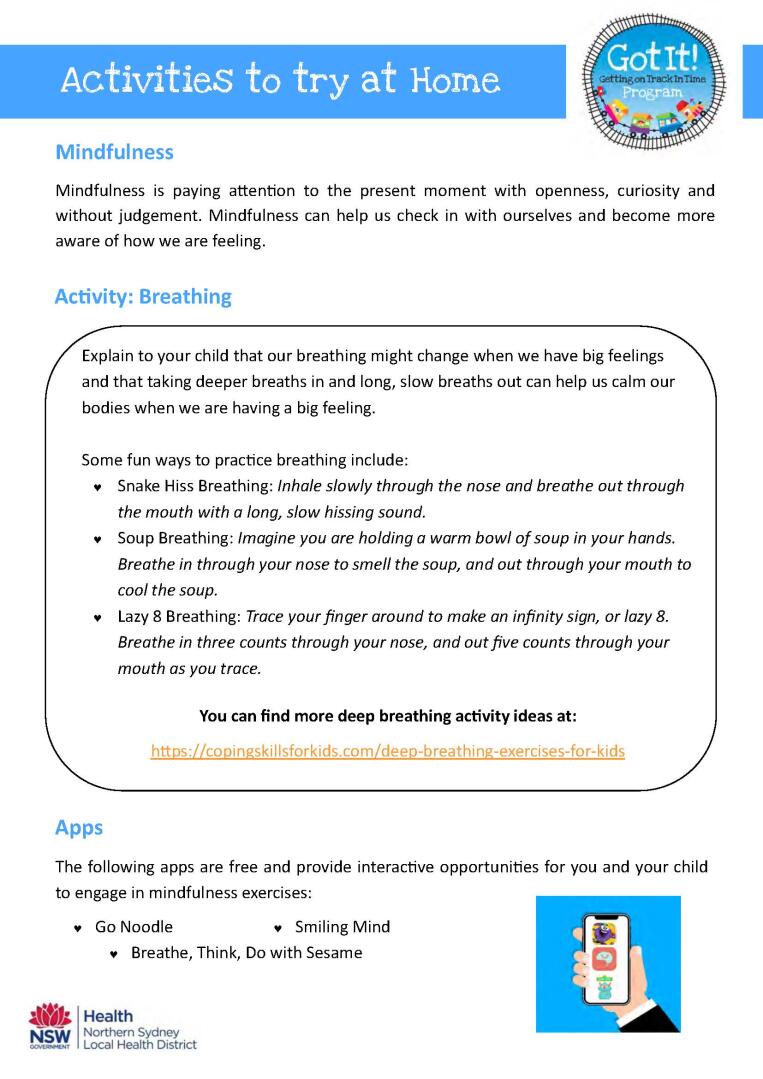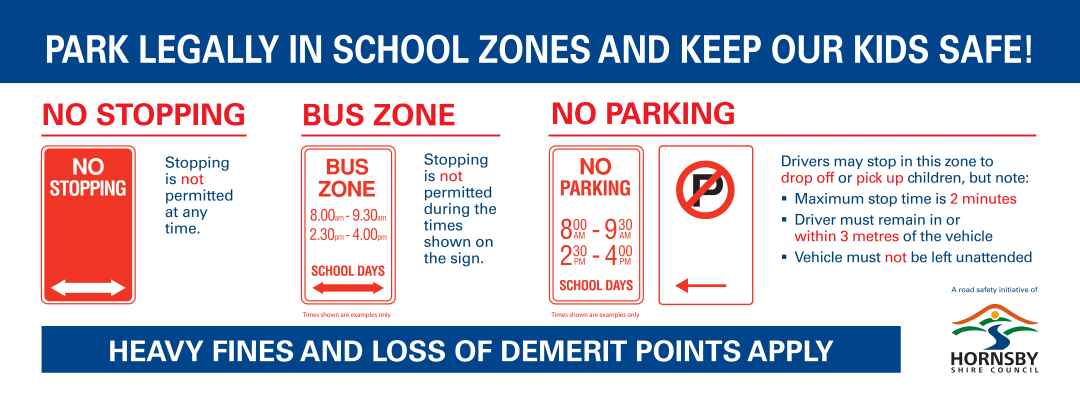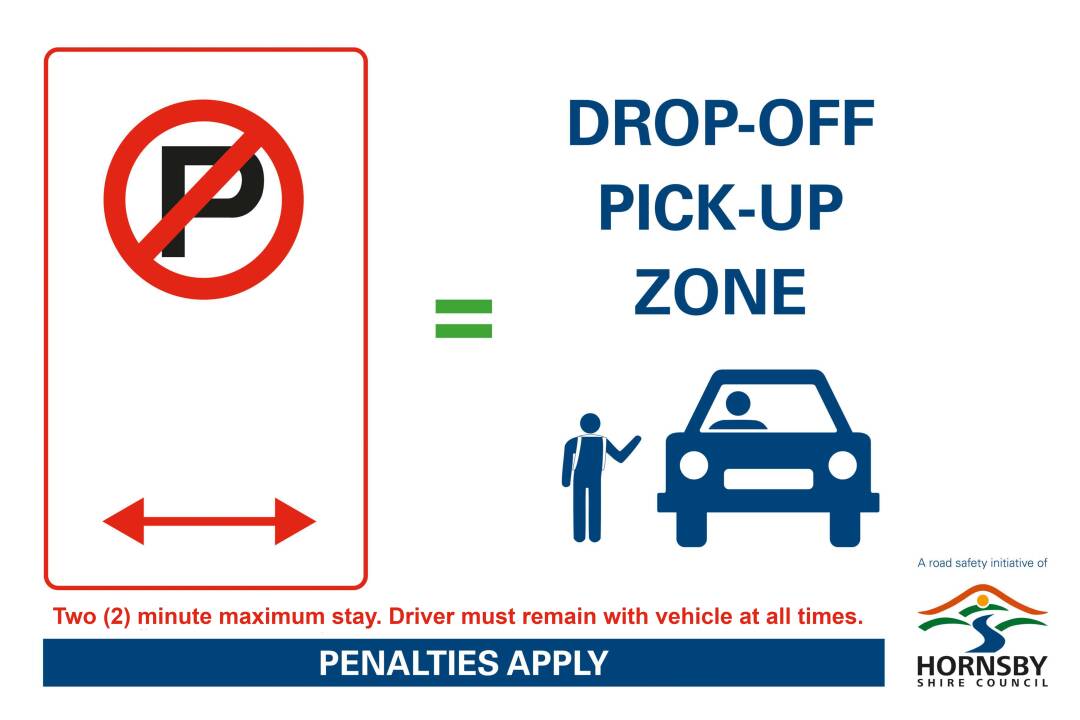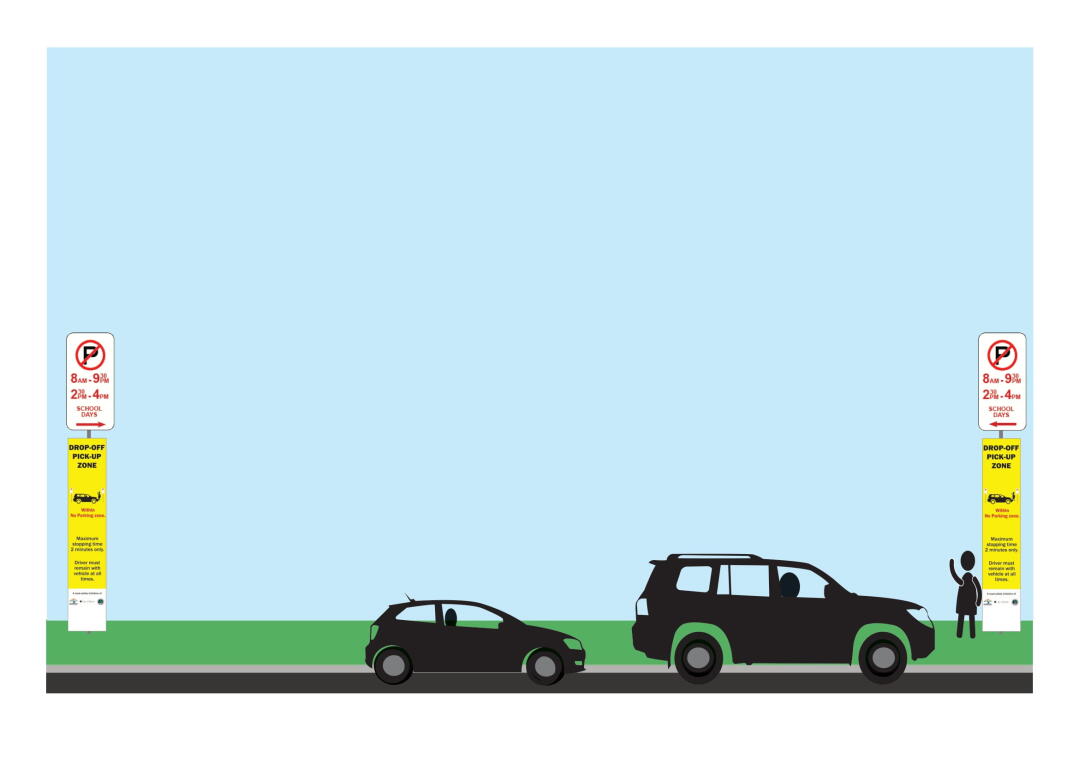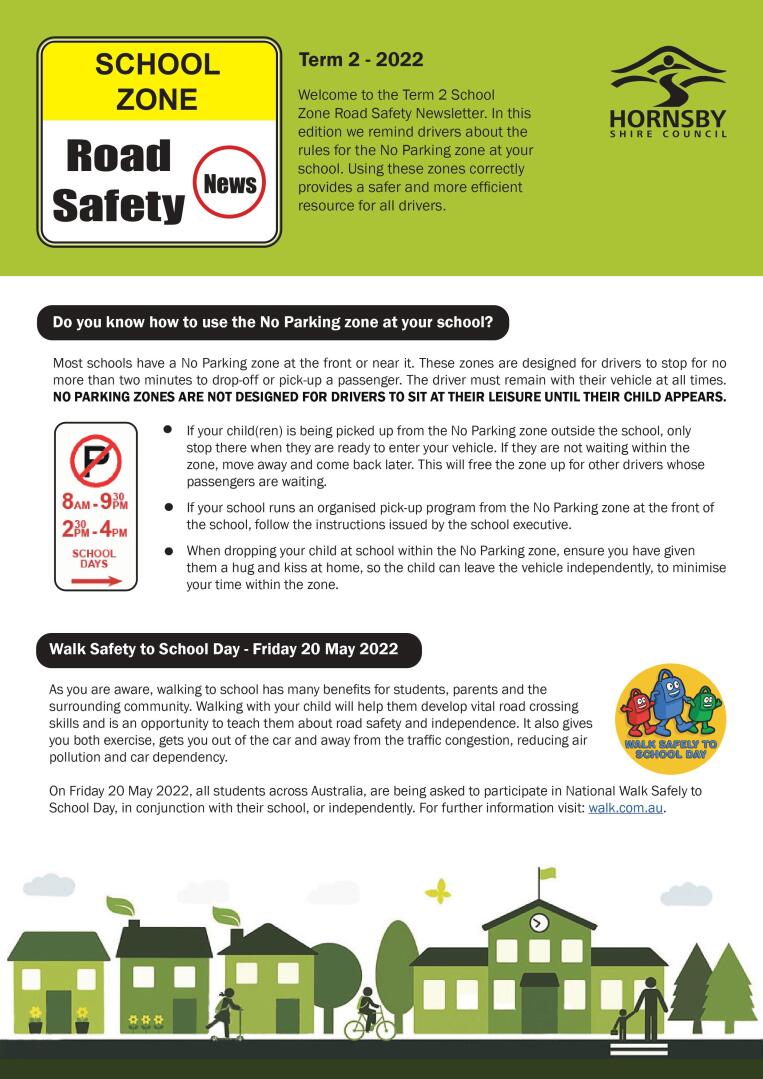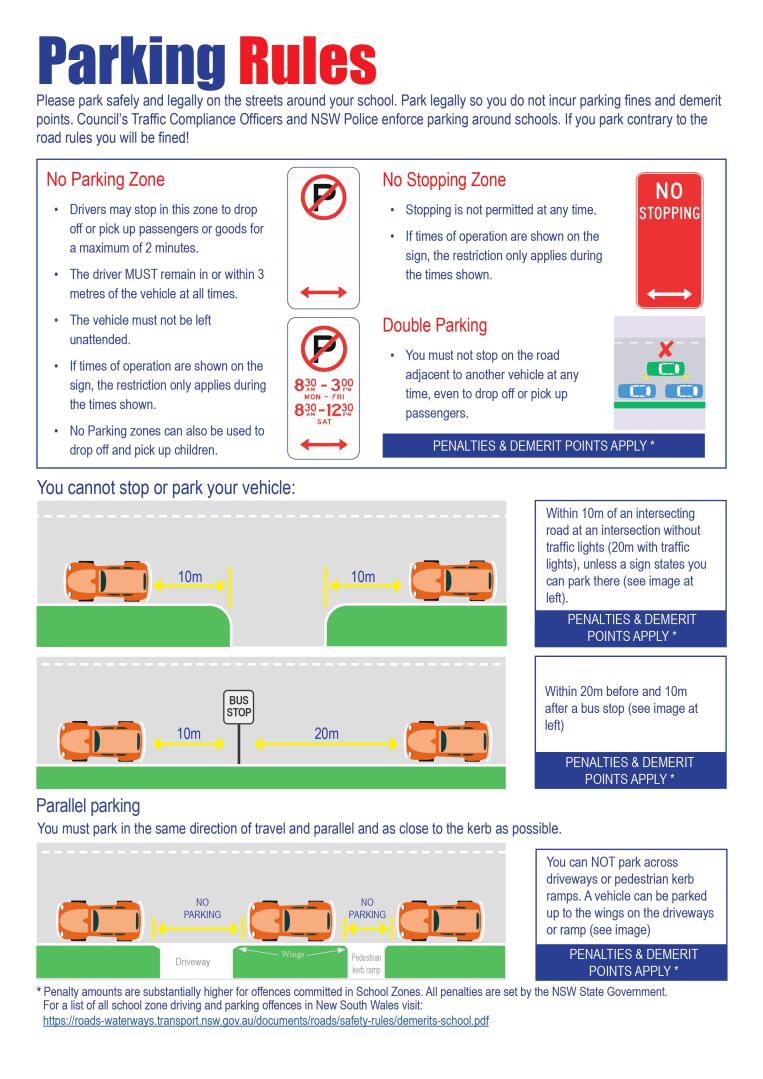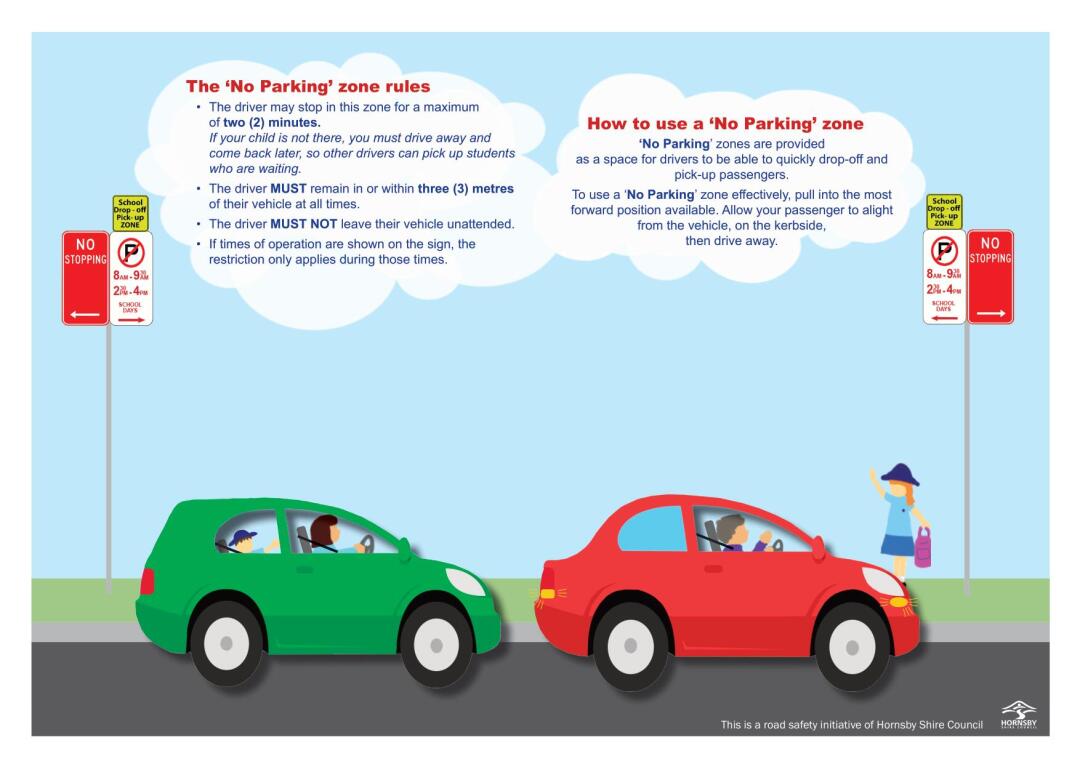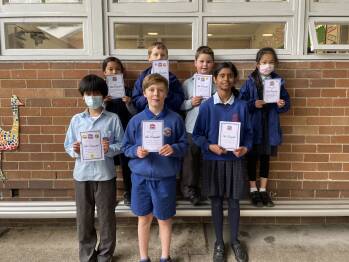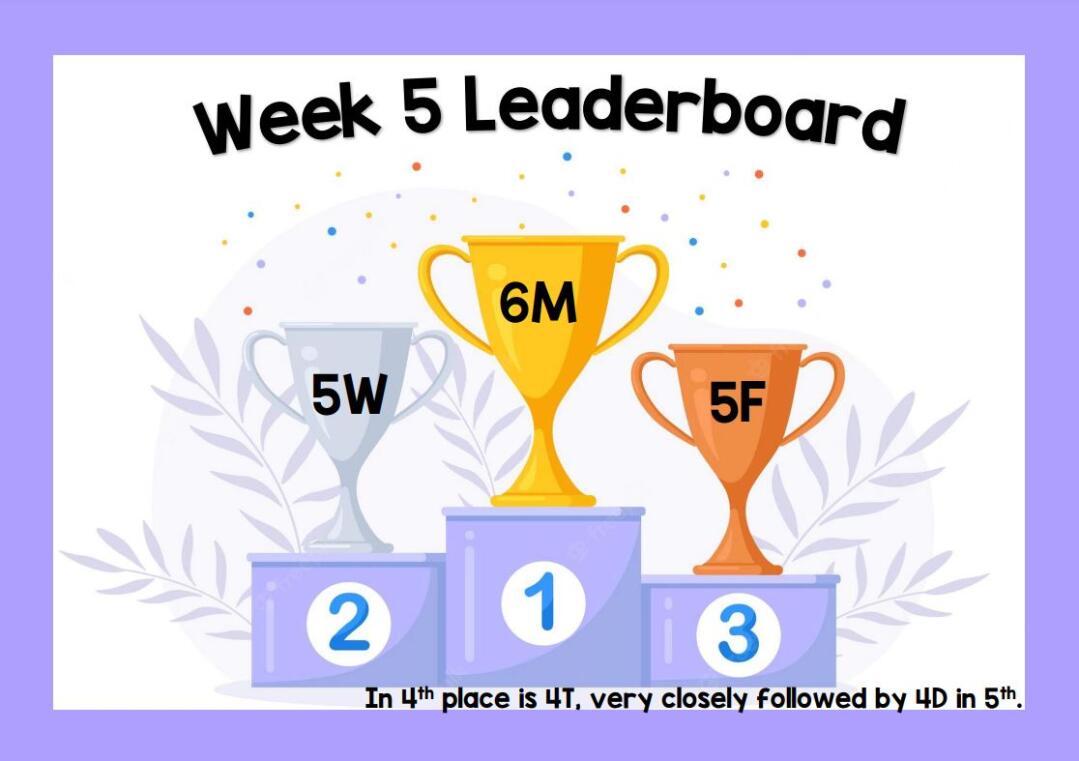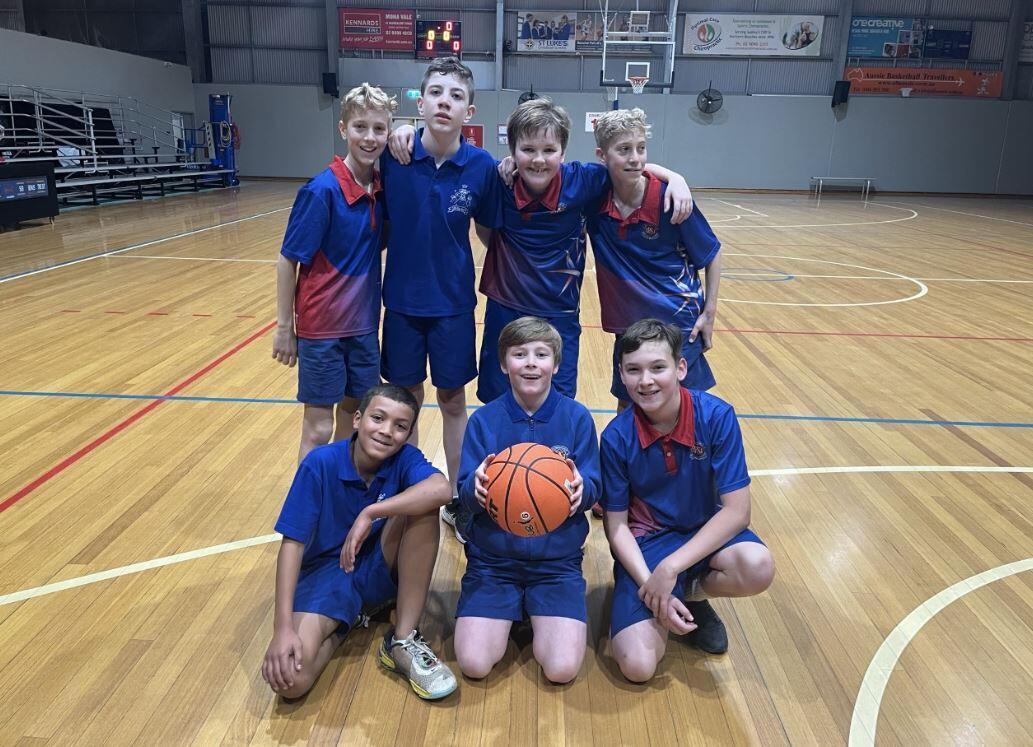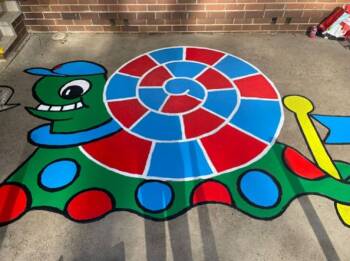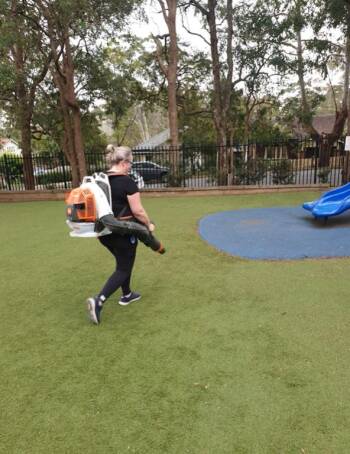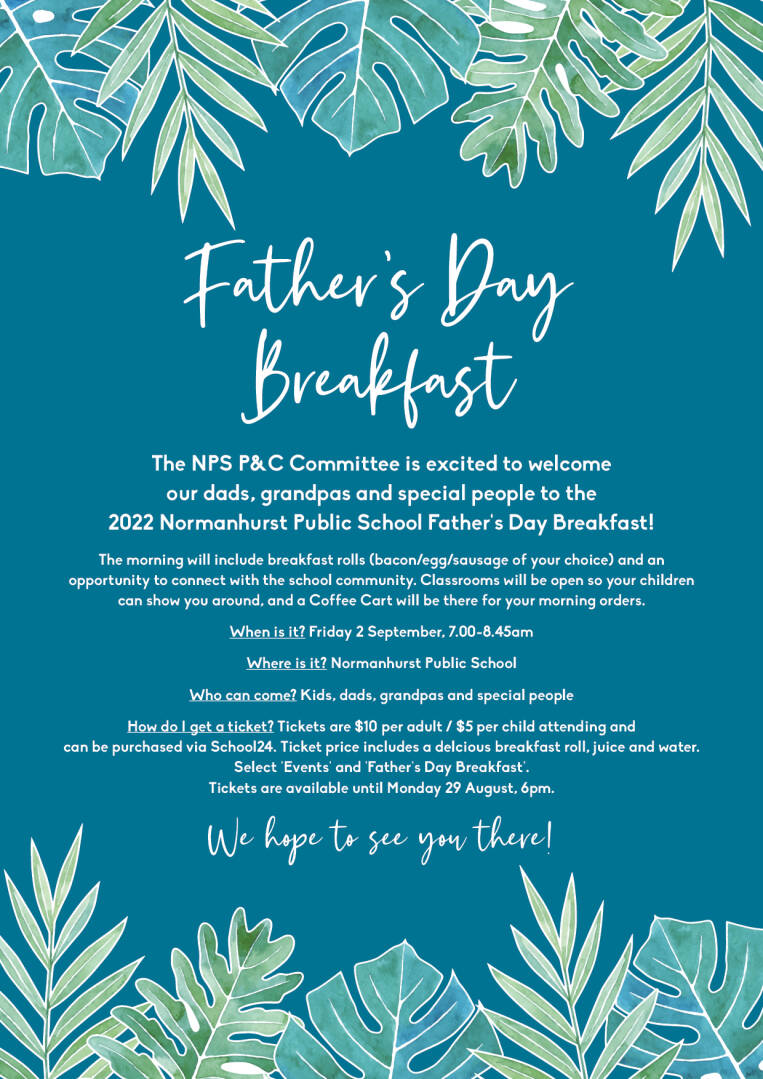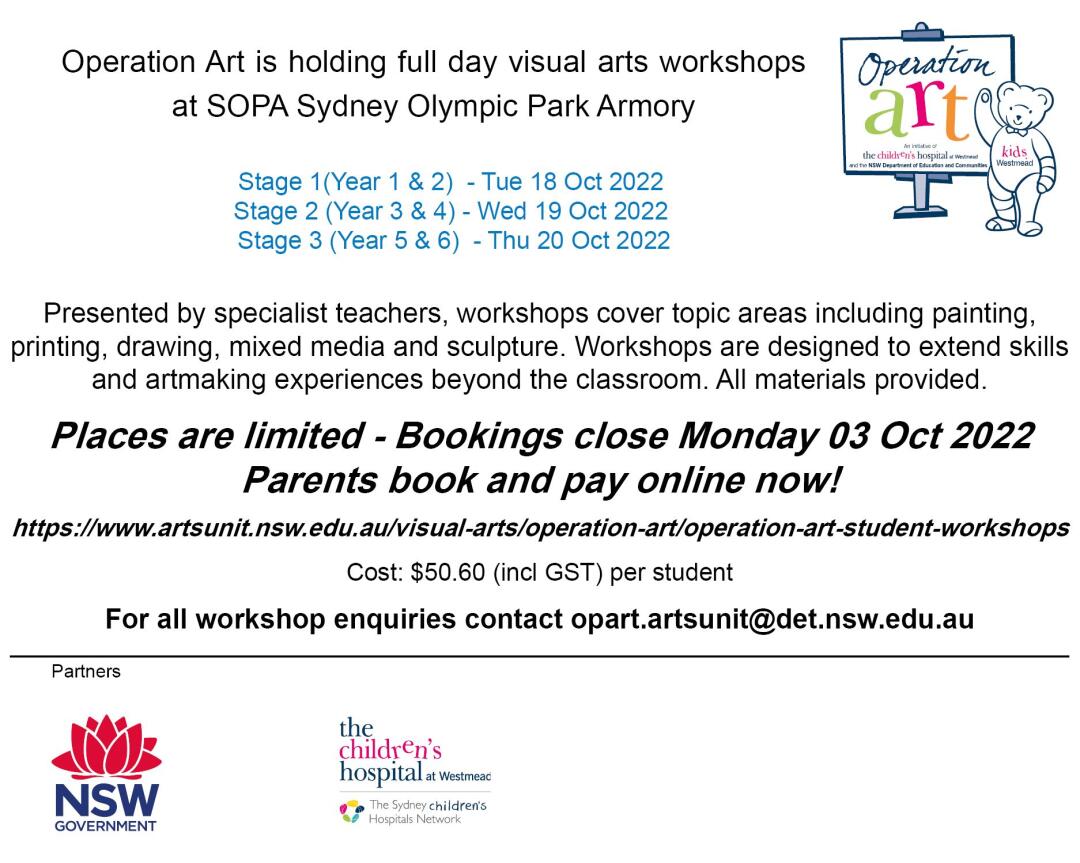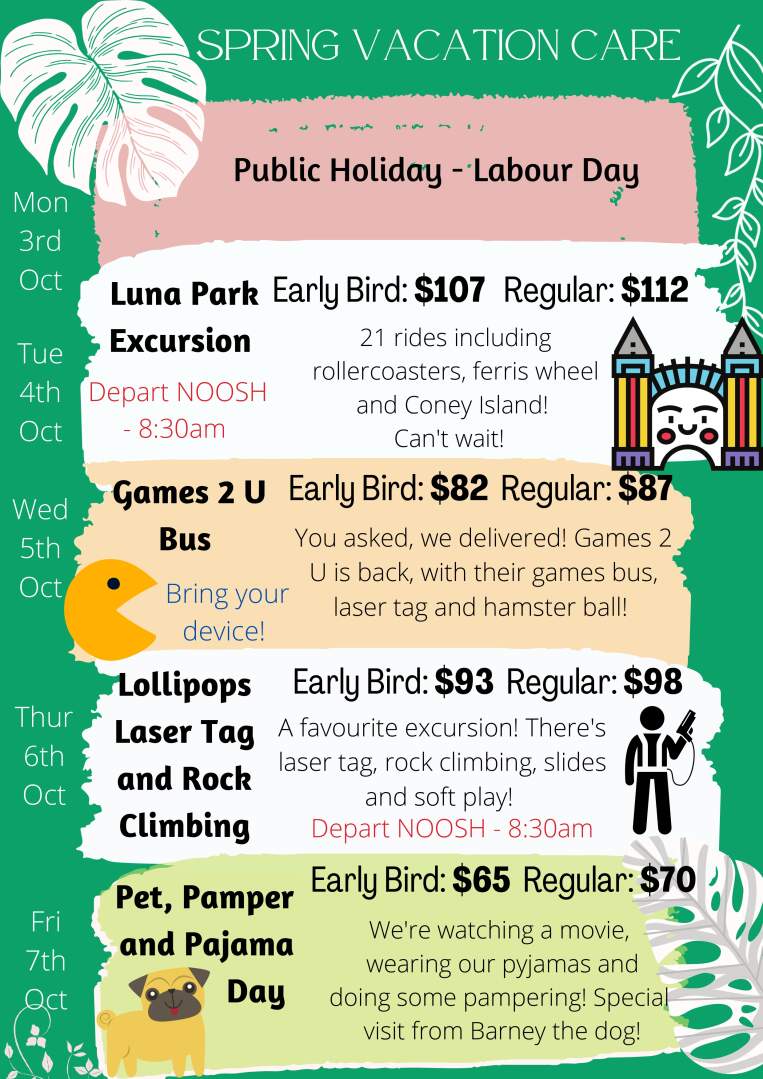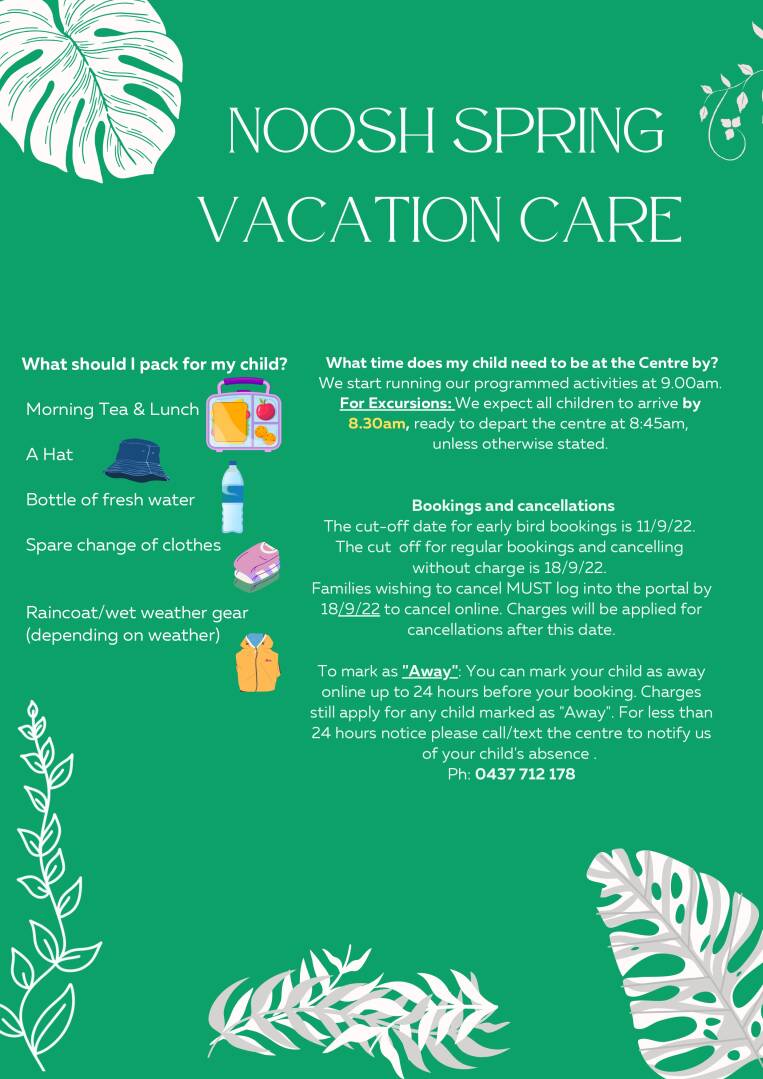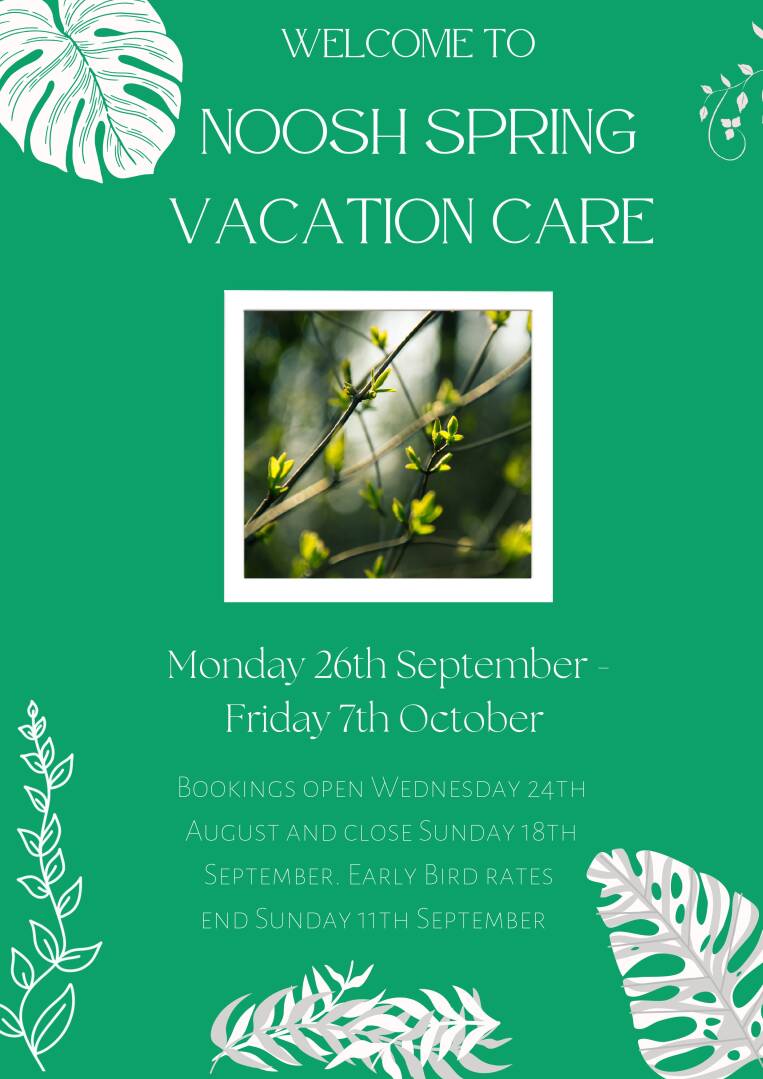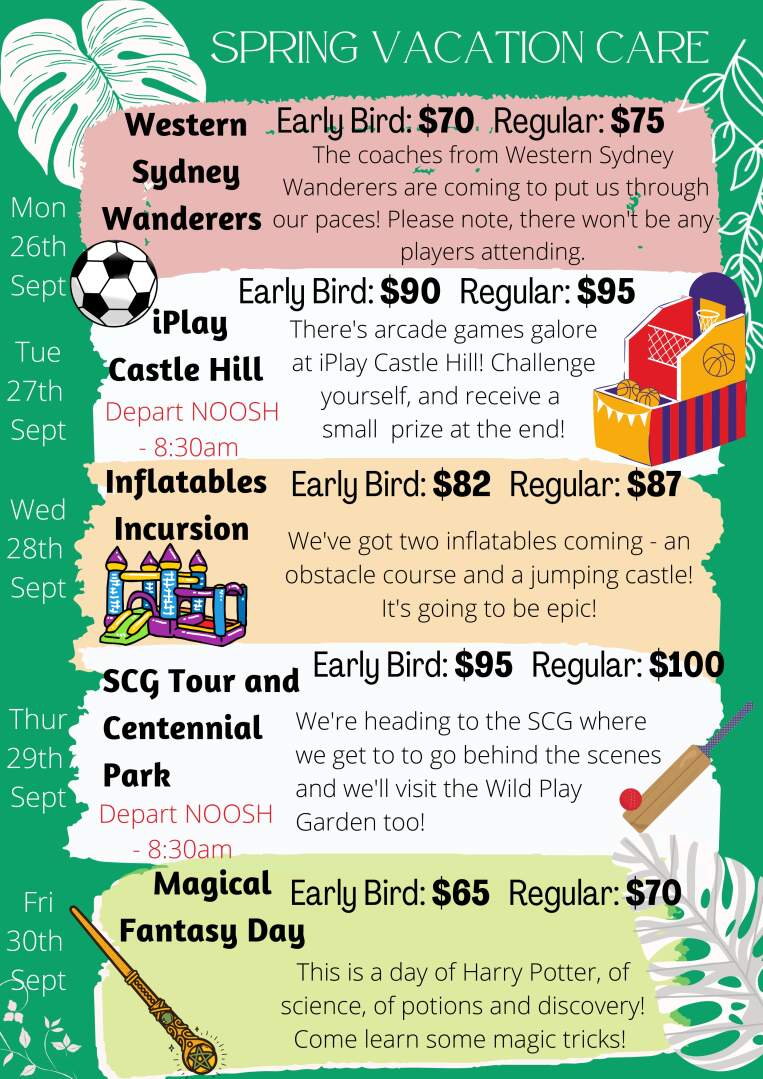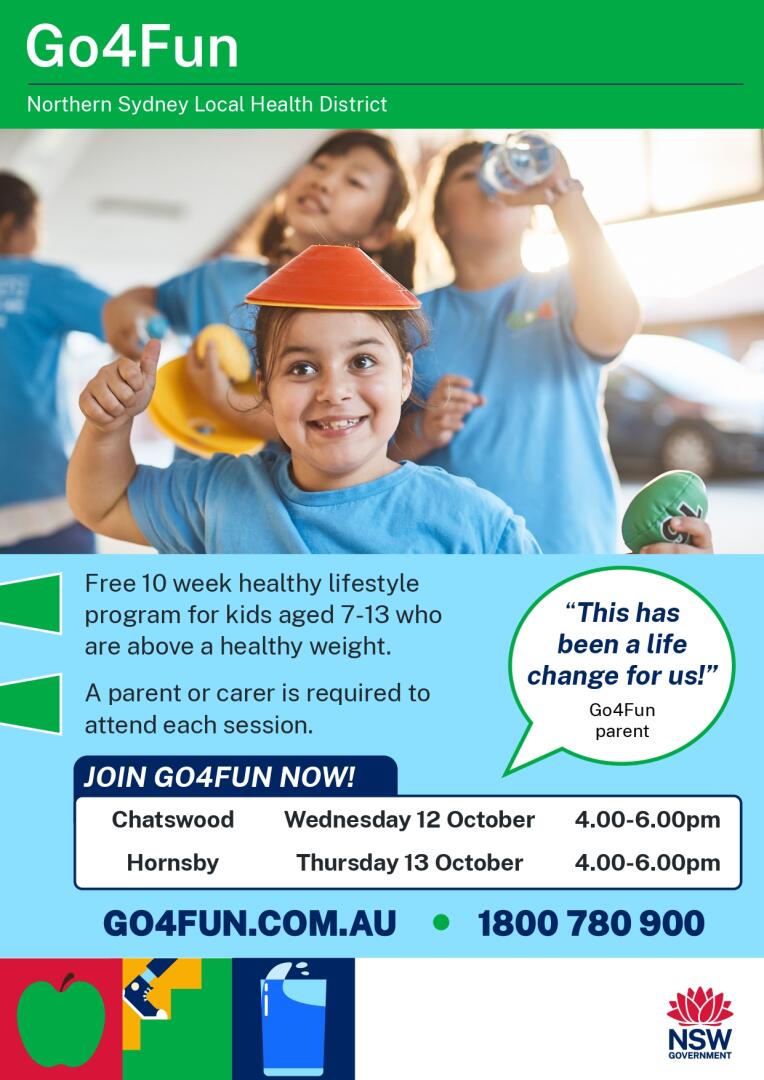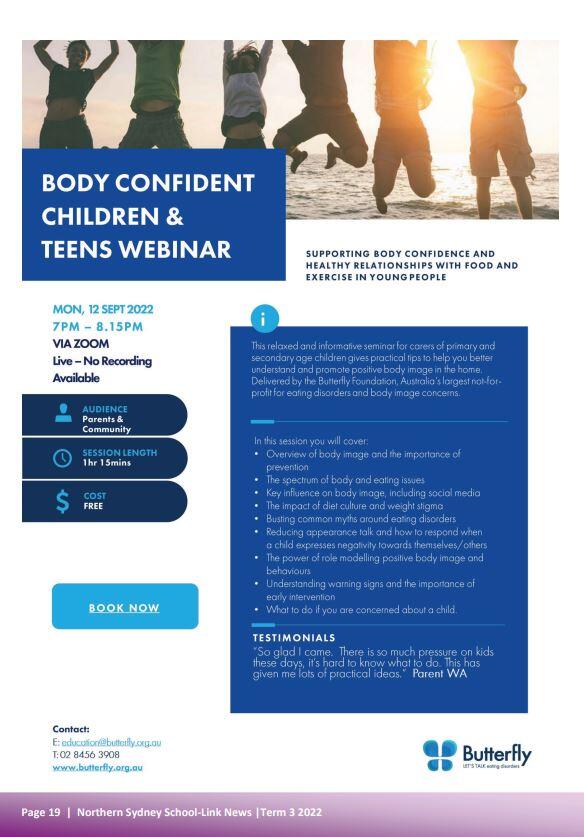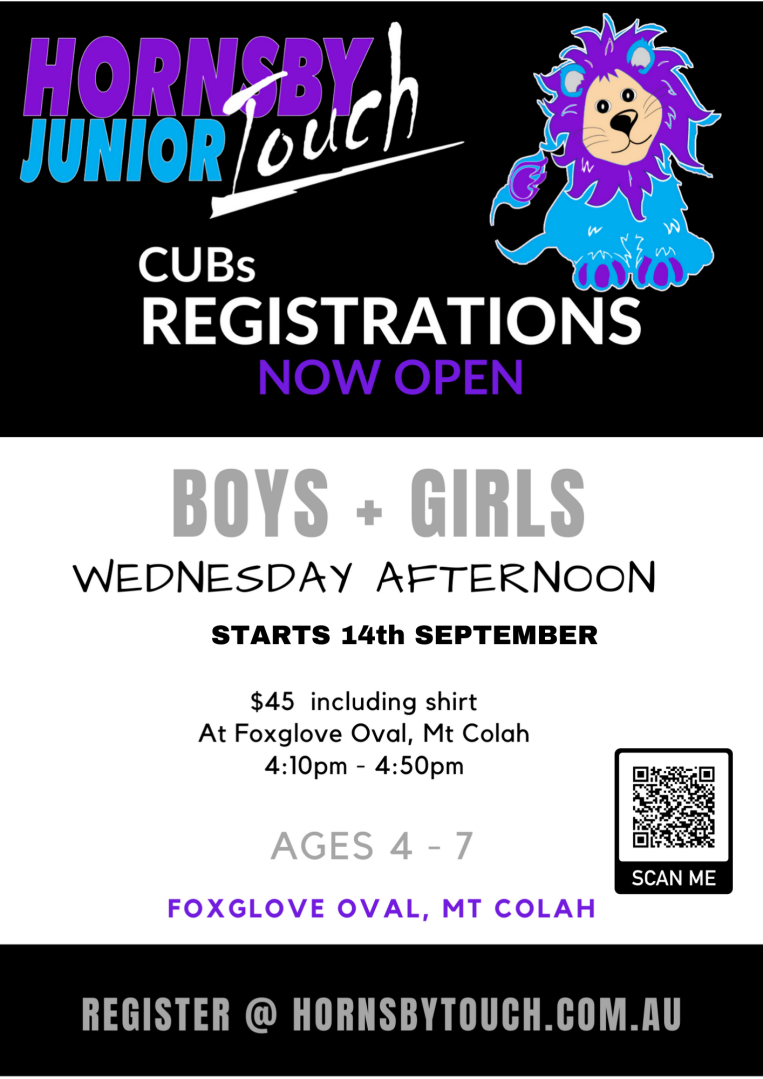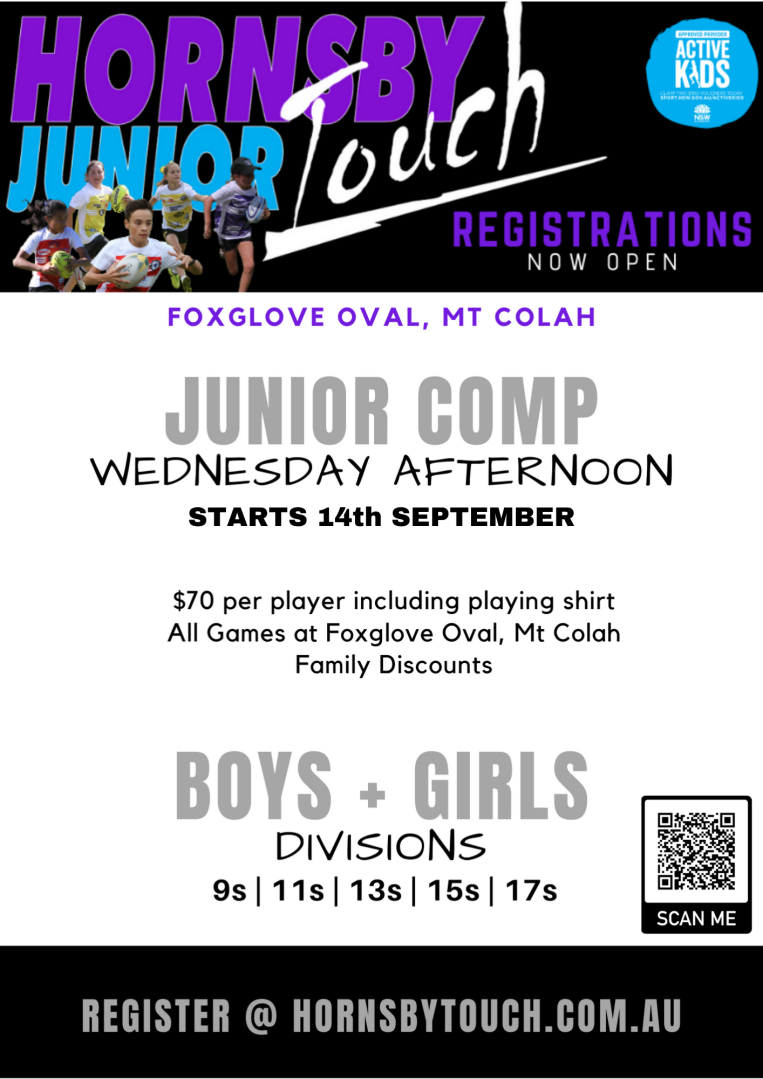What all kids need to know about their brain by Karen Young
Dear Kids, love from your brain…
Your thoughts can change your brain too – so make them good ones. Thoughts can release brain chemicals (neurotransmitters) and electrical impulses that can also create pathways in your brain. These pathways will influence your feelings and behaviour. This is why it’s so important that your thoughts are healthy, positive and strong. When you think brave thoughts, ‘I can do that’, or ‘whatever happens I’ll be okay,’ those thoughts form a pathway. The more you think those thoughts, the more real they’ll feel. Brave thoughts (‘I can do this’) lead to brave behaviour. Calm thoughts (‘Breathe in … Breath out …’) lead to calm behaviour. Anxious thoughts (‘what if something bad happens?’) lead to anxious behaviour. Remember, thoughts, feelings and behaviours don’t need to match. You can feel anxious and think brave or feel anxious and do brave.
But how do the messages travel between neurons?
This is why I love being your brain. You’re a thinker, and that’s an excellent question. Messages travel from one end of the neuron to the other end with electrical impulses. Your brain creates enough electrical impulses to power up a small light bulb – so don’t let anyone tell you that you aren’t powerful! Once the message (the electrical impulse) gets to the end of the neuron, it has to jump to the next neuron. Neurons don’t touch – there’s a teeny space between them. The message jumps across the gap to the next neuron by chemical messengers called neurotransmitters. Having the right balance of neurotransmitters is important because it can affect your mood, how well you sleep, how well you learn and remember, how stressed or anxious you feel, your motivation – so many things.
I know what you’re thinking … ‘So how can I get the right balance of neurotransmitters?’
There are three powerful ways to make sure your neurotransmitters are at healthy levels.
Eat well
Healthy, nutritious food makes me (and you) excellent. Being a brain is busy work, so you need to fuel me up with good food – oily fish (salmon, tuna – tinned is fine), eggs, blueberries, chia seeds, cabbage, avocado, soy. Don’t scrunch up your face. They’re delicious. If they don’t taste that delicious to you, it’s because the pathways aren’t there yet. It can take about seven tries of a new food to be okay with it. So let’s make a deal. Try the foods at least 7 times. If that sounds gross, try licking it a few times, then seven times when you chew and swallow. This will help to strengthen the ‘this food is okay’ pathways, and the food won’t taste so disgusting.
Get your body moving
I don’t have legs. You know that right? So I need you to move. Exercise increase the neurotransmitters that help you feel happier, less stressed, less anxious, and the ones that help you focus, learn and remember, and think positive thoughts. Scientists have found that a neurotransmitter called GABA can help people to stop thinking negative thoughts that make them worried, sad or anxious. We all have those thoughts from time to time, but you want to be able to stop them when they’ve outstayed their welcome. Exercise helps to get GABA to healthy levels so it can help manage anxiety and negative thinking. Exercise is a brain booster. I love it.
Get plenty of peaceful zzz’s
I do some of my best work while you’re sleeping. I help you deal with your emotional ‘stuff’, I help you understand what you’ve learned, and I strengthen your memories. It’s also when I can get creative because I’m not having to take care of other things that keep me busy when you’re awake, like walking, talking, listening, balancing.
Do mindfulness. Brains love it like a favourite thing.
Brains love mindfulness – probably even more than we love pictures of furry baby animals. Mindfulness helps brains to be calmer, braver and stronger which helps you to be calmer, braver and stronger. Here’s how it works. Mindfulness strengthens the pathway between your thinking brain (the prefrontal cortex) and the feeling brain (especially the amygdala), making it easier to calm big feelings. Mindfulness can also improve concentration, learning, mood and sleep. Over time, it can help you to feel less stressed and anxious, happier, kinder, more able to focus and more in control of your feelings.
There are a lot of awesome apps that can guide you through mindfulness.

